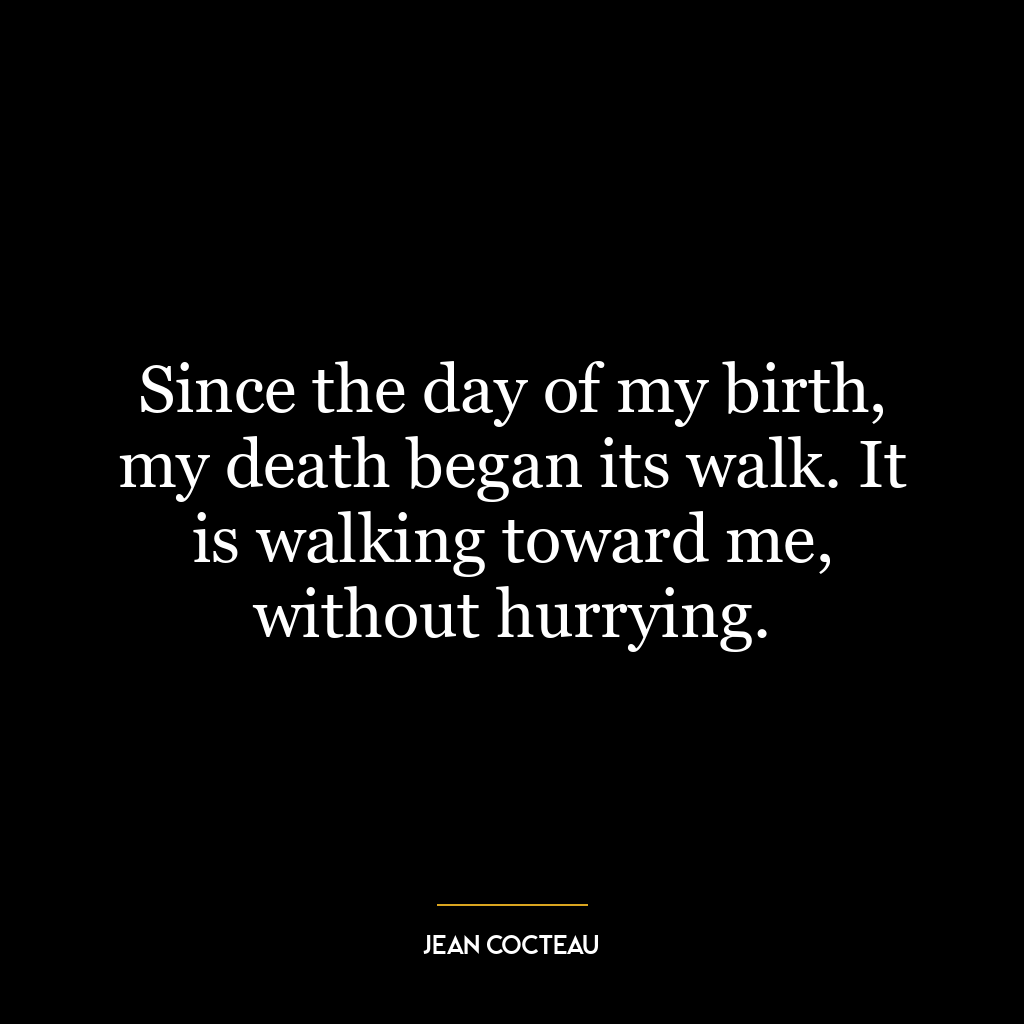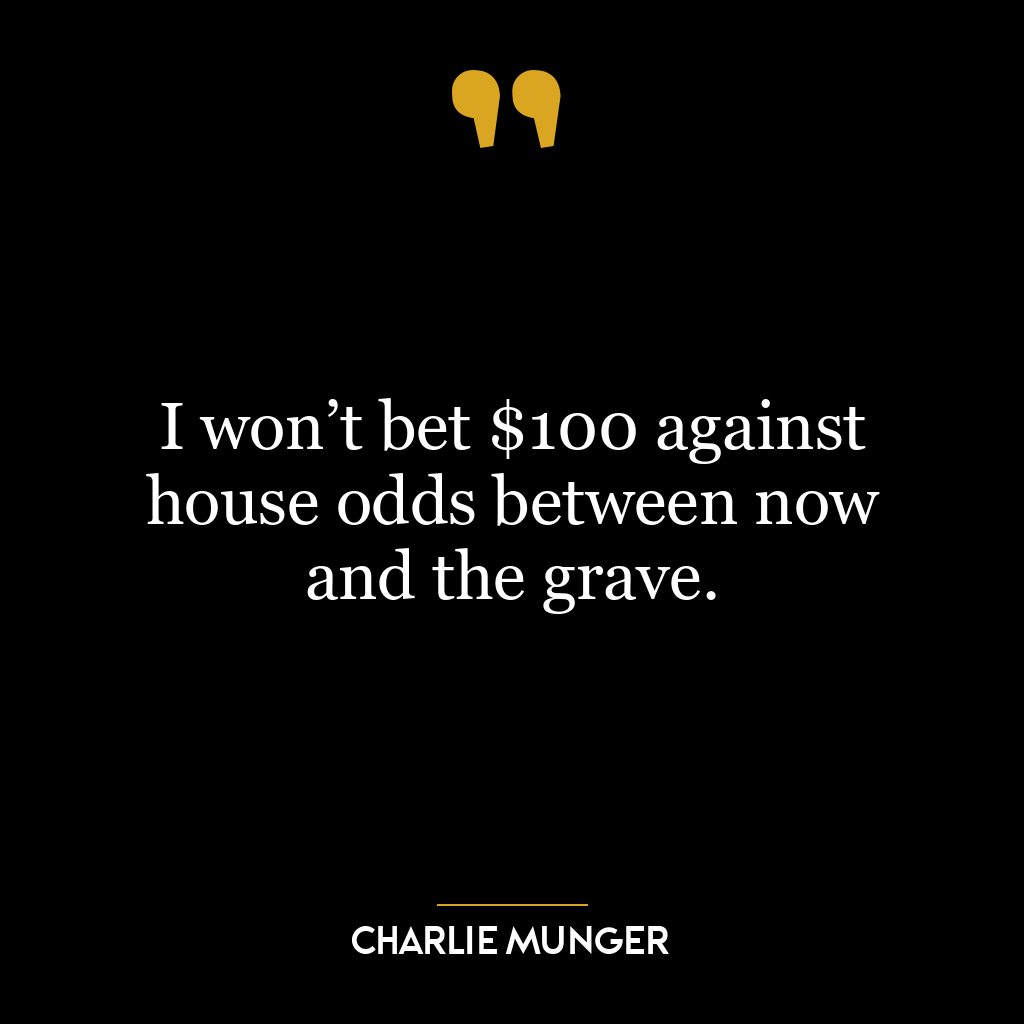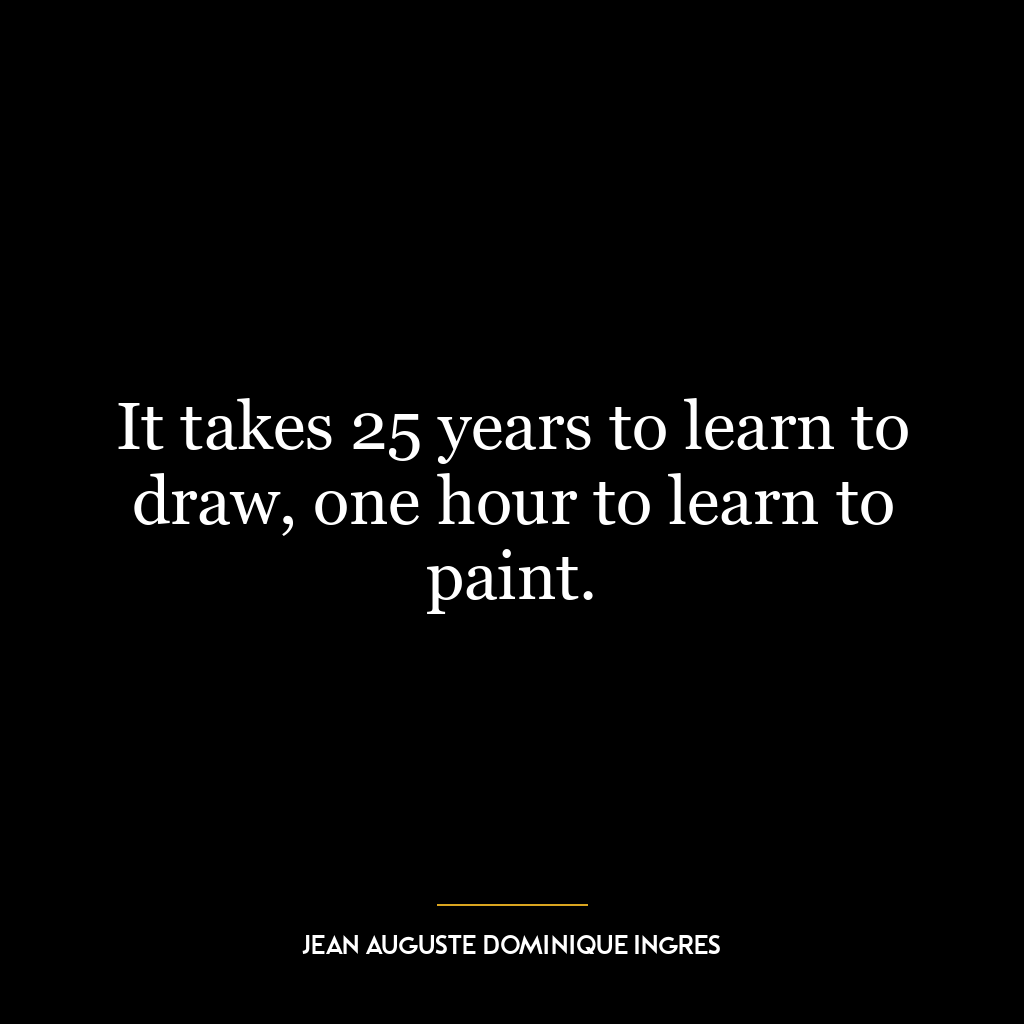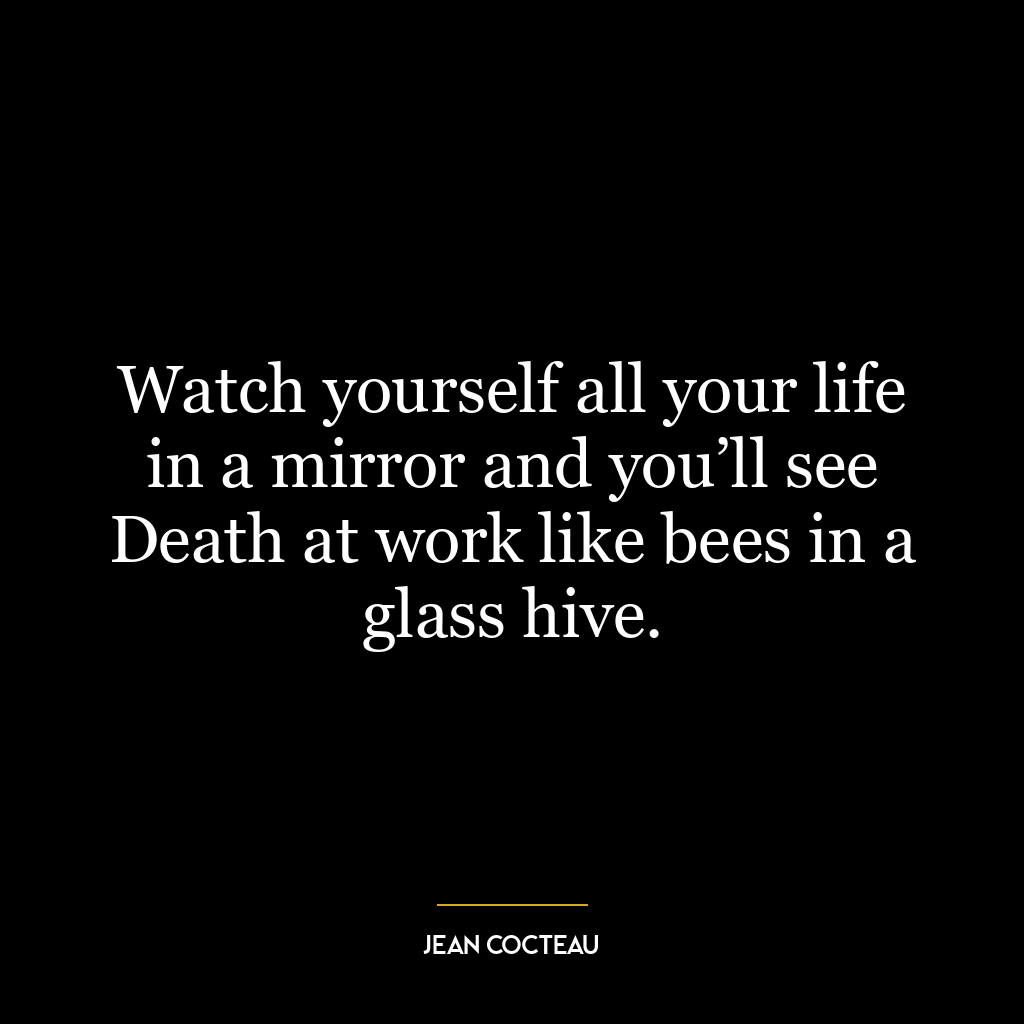This quote is a reflection on the inevitability of death, and the relative insignificance of its timing and manner. It suggests that, given the certainty of our mortality, the details of our demise are less important than we might think. The focus, instead, should be on life itself and how we choose to live it.
This idea is rooted in existentialism, a philosophy often associated with Camus, which posits that life has no inherent meaning, and it is up to each individual to create their own purpose. In this context, the quote can be seen as a call to focus on the present, on our actions, decisions, and experiences, rather than worrying about the end.
Applying this idea to today’s world, we often see people living in fear or anxiety about the future, particularly in the face of global challenges such as climate change, political turmoil, or pandemics. This quote reminds us that while these issues are indeed serious and demand our attention, we should not allow the fear of potential future outcomes to consume us. Instead, we should focus on what we can do now, how we can contribute positively to the world, and how we can live fully in the present.
In terms of personal development, this perspective encourages us to not be paralyzed by fear of failure or the unknown. If the when and how of our end don’t matter, then we are free to take risks, to explore, and to make the most of our time. It suggests that the value of our lives is not determined by how long we live or how we die, but by how we choose to live. This can empower us to pursue our passions, to learn and grow, and to live authentically, without being held back by fear of what might happen in the end.















